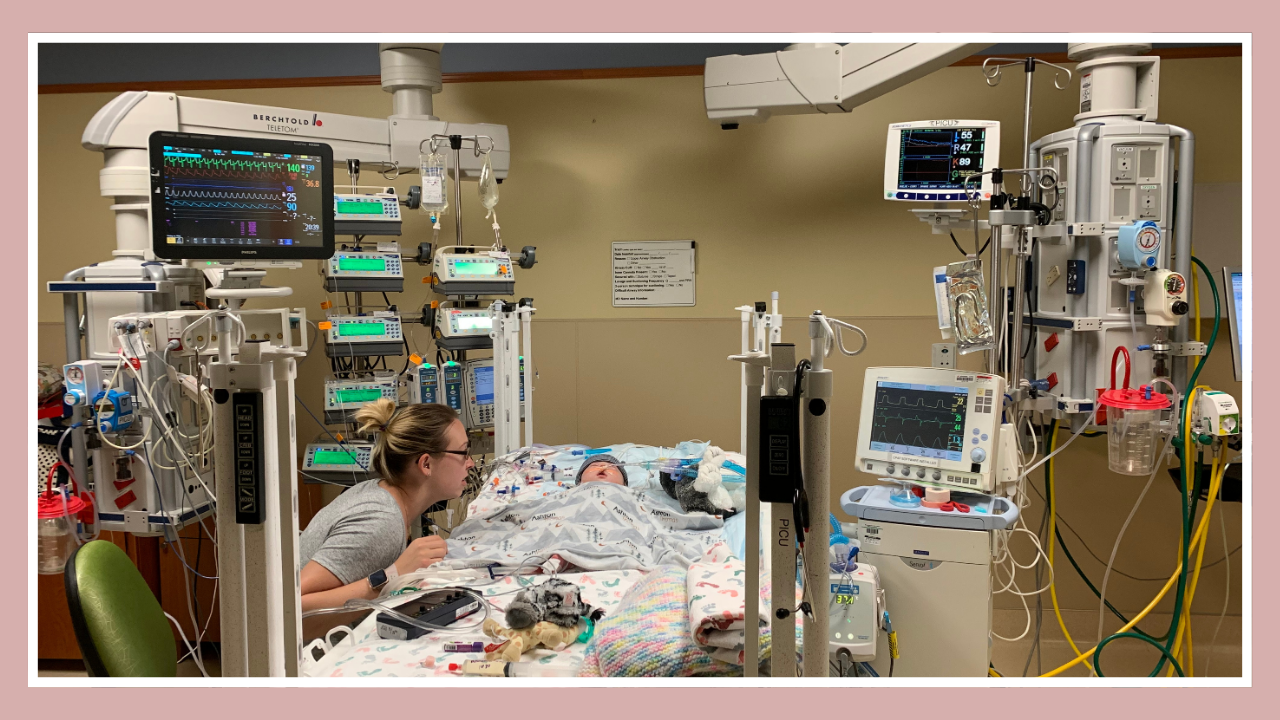
Postpartum Hair Loss: What Every New Mother Needs to Know
Jan 03, 2025Up to 50% of women after childbirth experience postpartum hair loss. While this temporary condition can be concerning, identifying the causes and discovering ways to manage them can help ease worries during this transition period. This comprehensive guide covers everything you need to know about postpartum hair loss and effective ways to handle it.
Understanding the Science Behind Hair Loss After Pregnancy
During pregnancy, elevated estrogen levels keep hair continuously growing, resulting in the fuller, thicker hair many women enjoy. After delivery, hormone levels rapidly return to normal, causing multiple hair follicles to enter the resting phase simultaneously. This process, known medically as telogen effluvium, leads to what appears to be excessive shedding.
The typical hair growth cycle includes three phases: anagen (growth), catagen (transition), and telogen (resting). Postpartum hormonal changes temporarily disrupt this cycle but understanding that it is a natural process can help reduce anxiety about the condition.
Timeline: What to Expect and When
Postpartum hair loss usually follows a familiar pattern, but everyone's experience can be a little different:
- First Phase (First Two Months)
Most moms don't notice much of a difference in the first few weeks after giving birth. Their bodies are changing hormone levels, and the hair follicles are just starting to shift.
- Active Shedding (2-4 Months Postpartum)
This marks the period when irreversible shedding begins. Women may lose between 100 and 400 hairs daily, compared to the standard 50 to 100. The shedding often appears most prominent during hair washing or brushing.
- Peak Shedding (4-6 Months)
Hair loss typically reaches its peak during this time. Many women notice thinning around their hairline and temples. This is when implementing proper hair care strategies becomes crucial.
- Recovery Phase (6-12 Months)
New growth becomes visible, appearing as short, baby hairs along the hairline. While these new growths might seem unruly, they're a positive sign of recovery.
Effective Management Strategies
Nutrition for Healthy Hair
A balanced diet is crucial in supporting hair health during the postpartum period. Focus on:
- Protein- they are good for hair structure
- Iron-containing foods to prevent deficiency
- Biotin-rich foods for keratin production
- Omega-3 fatty acids for scalp health
- Adequate hydration for overall hair health
Professional Hair Care
Implementing gentle hair care routines can minimize breakage and support new growth.
- Use sulfate-free, volumizing shampoos
- Apply conditioner from mid-length to ends
- Avoid tight hairstyles that can cause traction
- Minimize heat styling and chemical treatments
- Use wide-toothed combs for detangling
Styling Solutions
Several styling techniques can help manage the appearance of thinning hair:
- Try shorter hairstyles for added volume
- Use volumizing products at the roots
- Consider temporary root cover-up products
- Experiment with different parting styles
When to Seek Medical Help
While postpartum hair loss is normal, certain situations warrant professional attention:
- Hair loss continuing beyond 12 months
- Development of bald patches
- Scalp pain or burning
- Excessive shedding beyond the expected amount
Long-term Hair Health Tips
Supporting long-term hair health involves maintaining good habits:
- Regular trims to prevent split ends
- Protection from environmental damage
- Consistent, gentle hair care routine
- Stress management techniques
- Regular exercise to promote circulation
Preventive Measures
While postpartum hair loss can't be completely prevented, these steps may help minimize its impact:
- Continue taking prenatal vitamins
- Maintain a balanced diet
- Practice gentle hair care
- Avoid chemical treatments during the she can't phase
- Manage stress levels
Recovery Phase
Postpartum hair loss doesn't last forever. Most moms notice a big difference by the time their baby turns one. The secret? Patience and sticking to a good hair care routine. New hair will slowly grow, and things will return to normal before you know it.
Understanding that this experience is both familiar and temporary can help reduce anxiety during the postpartum period. Focus on overall health and well-being, and remember that this phase, like many aspects of postpartum recovery, will pass with time.
Join other mamas inside The Postpartum Shift and unlock a wealth of nutritional guidance, meal plans, schedules, and recipes designed specifically for breastfeeding moms during the first year postpartum. Achieve your healthiest self without sacrificing your favorite foods or compromising your milk supply.
Disclaimer: This blog post is for informational purposes only and is not a substitute for professional medical advice. Always consult with a healthcare professional about your specific health concerns.







